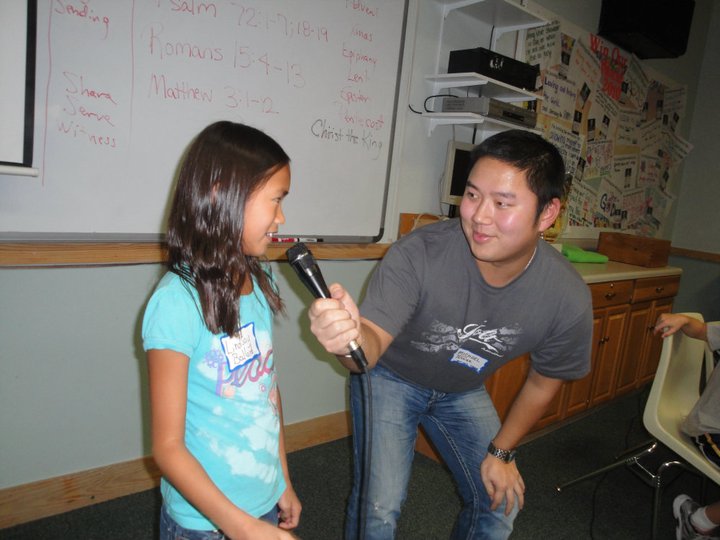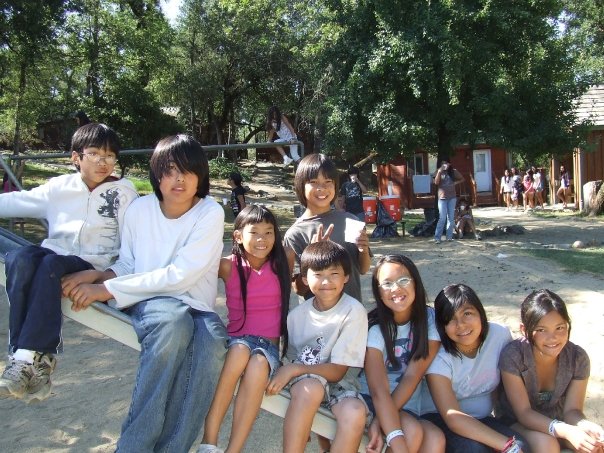Every Adoptee knows them. The questions. The questions that come regularly and without warning from strangers, acquaintances, friends, and yes, even family. They happen when adoption comes under scrutiny, for whatever reason. The questions range from thought provoking, to annoying to hurtful. Sometimes, these questions aim to explore the private aspects of Adoptees’ lives – aspects like emotional stability, family life, parents’ (adoptive parents or birth parents) motives for adoption, level of gratitude to these parents, and feelings on international adoption. That’s a lot for a young Adoptee to face. What’s important is that we consider some ideas surrounding these questions, so we may prepare young Adoptees to respond confidently.
In my opinion, there are three major facets that can guide us: (1) the Adoptee’s ownership of their story (2) the perceived onus of education on every Adoptee and (3) that an Adoptee has the right to respond differently to different situations.
Adoptees own their story. There are many possible participants in every Adoptee’s story – birth parents, social workers, and orphanage workers, adoptive parents. Though those individual parts of the story are shared between the Adoptee and each person(s), the story, as a whole, belongs solely to the Adoptee. It is their right to decide with whom they will share this story. This does not mean that adoption should be viewed as a closely guarded secret. Rather, an Adoptee should have permission to choose when and where to share. This is a basic tenet, true for all individuals. However, because adoption is often visible (especially in the case of transracial adoptions), people believe they’re entitled to have their questions answered, no matter how personal. Much like the parts of your life that are deeply personal for you, an Adoptee may see their story similarly. Ultimately, that is for them to decide and that is what we must convey to young Adoptees.
The sense of entitlement from people who feel their questions should be answered, often leads Adoptees to feel like they’re required to educate everyone on adoption. Sometimes Adoptees do this proactively (in anticipation of questions to come) and sometimes they do it reactively (in response to questions). Education is good, but there are situations where it’s appropriate. For example, an educational opportunity may arise when a close friend misuses the term “real parents.” This is a teaching moment. Alternatively, a situation where a cashier verifies if “this is all together” when they see a child of color with white parents may not necessarily be a teaching moment for the cashier (though it may be for the Adoptee from the parent), extending into a lengthy explanation of adoption. We must help Adoptees to judge these moments based on what’s important to them – a skill you’ve honed for many years but with which they have little practice.
Sometimes when an Adoptee is “outed” (that is to say, their identity as an Adoptee is shared with an individual before they were prepared to share it themselves), they’re then bombarded with questions. For some people, your child may be the first Adoptee they’ve ever met! Curiosity ensues. Topics range widely. Who’s expected to answer? The Adoptee. As in the examples above, sometimes this is appropriate and sometimes it isn’t. Sometimes the questions are too personal or not age-appropriate. What we should consider is that an Adoptee is often faced with these situations alone and should be empowered with the right to decide. With your guidance, they can learn to discern these moments on their own. However, they must be given explicit permission to teach or not teach, or they’ll eventually feel as if they owe it to everybody to respond to their questions, as I often see and hear from young Adoptees.
The last thing to consider is that the Adoptee may react differently to different situations! As stated above, an Adoptee should be given the tools to discern which moments are which. A lot depends on who’s asking, when they’re asking, and why they’re asking. The questioner may ask out of curiosity or care, but sometimes the questioner asks in an ignorant and careless manner; I call this “conscious carelessness.” What’s helpful to an Adoptee is to identify these different situations. Once they’ve learned to identify them, they can create their own strategies to respond.
And, of course, I know that Adoptees aren’t the only ones who have adoption brought under scrutiny – adoptive parents get that too! Regardless, all of the information that is true for young Adoptees is true for adults as well. This is your story, it is your right to choose when to educate, and you may respond differently to different situations. The difference is that, for children, we must empower them with the permission to respond this way. With this little bit of preparation, discussion, and consideration, they may face any of the questions with confidence.
We’re interested to hear about your or your child’s experiences with the questions and some strategies you or they have used to respond. Please write back and share some of your stories! Email us at [email protected].


